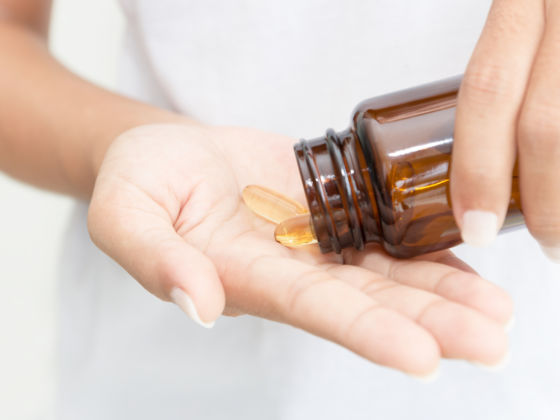Traveling is not the time to skip a quality supplement routine. Navigating crowded airports, eating unfamiliar food, and bouncing between time zones affect your ability to maintain homeostasis, the body’s innate desire to seek balance and health.
I’ve had a private nutrition practice for 14 years, hold a masters degree in clinical nutrition and functional medicine, and have been awarded the credential of a Certified Nutrition Specialist practitioner. To keep myself healthy while abroad, I never leave home without this essential wellness pack, five supplements that support digestion, immunity, sleep, and stress.
Editor’s note: Please consult your doctor before adding supplements to your diet.
